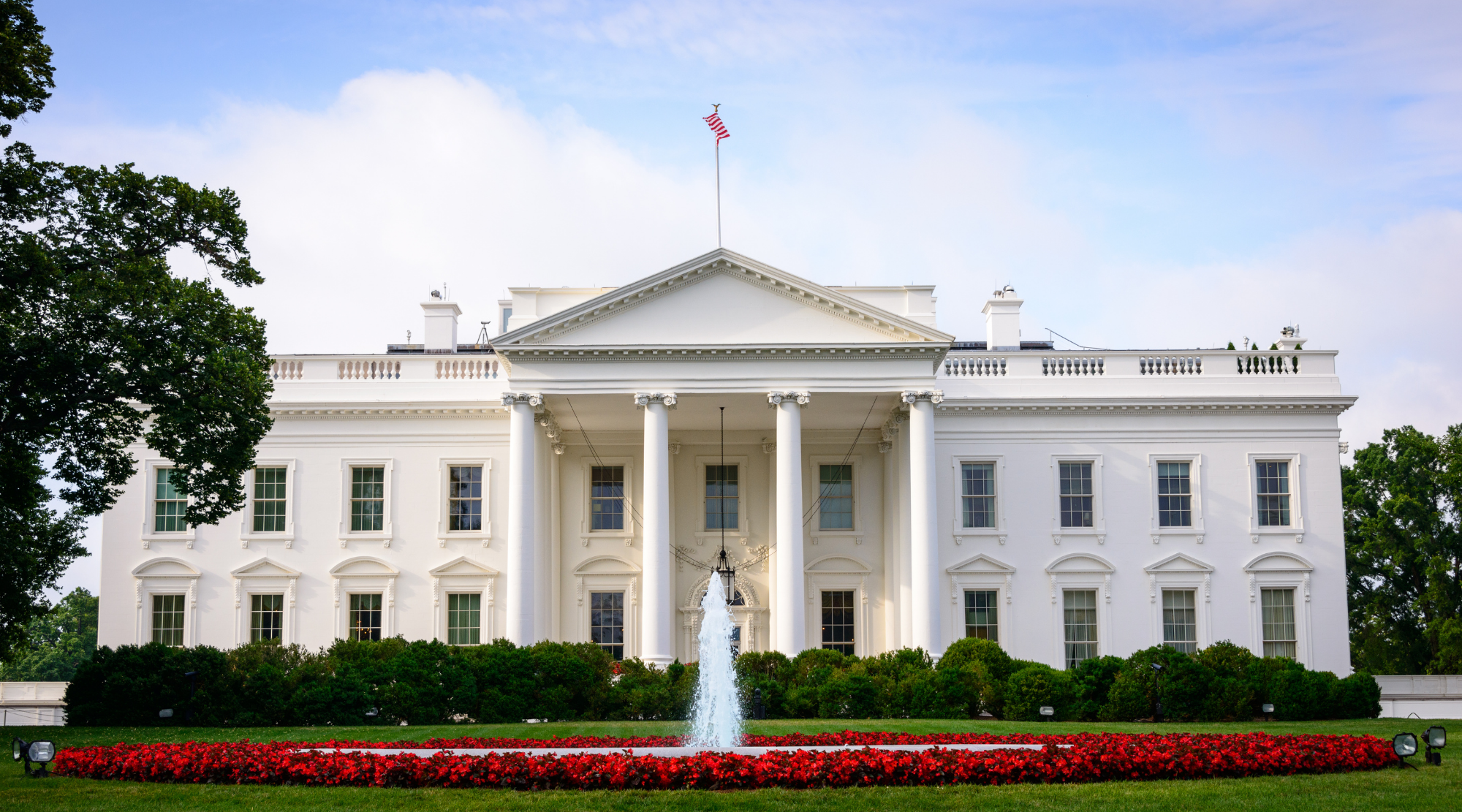
James Beard
Student at Chapman University, Orange, CA
Biden’s American Families Plan and 1031
In recent months, President Biden introduced the American Families Plan with the goal of “making education more affordable and expanding opportunity, providing economic security for families, and expanding tax credits that help workers and families.” Along with reversing various tax cuts introduced in the 2017 Tax Cuts and Jobs Act, one of the more notable propositions is limiting the 100-year-old provision of the Internal Revenue Code (IRC), the ‘like-kind exchange’ provision, allowing for deferment of capital gains and recapture taxes on properties held for investment.
The Biden Administration is not the first to attempt to limit 1031 exchanges. Donald Trump’s Tax Cuts and Jobs Act ended personal property exchanges back in 2017, so currently like-kind exchanges apply exclusively to commercial real estate. The new administration argues Section 1031 of the IRC only benefits the wealthy and wants to get rid of the provision Donald Trump and thousands of other real estate investors have utilized for decades.
The proposed change to Section 1031 intends to …
- End tax deferrals on like-kind exchanges for those generating over $500,000 in capital gains (or $1 million for married taxpayers)
- Disallow exchanges for investors whose annual net income exceeds $400,000,
- Eliminate the step-up in basis for heirs upon death of the investor
- Generate $19.5 billion in tax revenue over the next 10 years, effective in taxable years beginning after December 31, 2021.
The Biggest Losers Aren’t the Biggest Players
This proposal has been met with plenty of criticism from those in the real estate investment community. Now more than ever, investors are depending on the steadiness of real estate holdings to hedge against an unstable economy. Many are stressing to finalize their exchange transactions before the end of the year in case the changes go into effect.
Adversely changing or even eliminating 1031 exchanges would…
- Diminish the supply of housing and cause rents to increase
- End potential exchanges of apartment buildings, conservation land tracks, farms, industrial properties, smaller offices, and many other property types
- Prevent farmers from finding better land when theirs is no longer usable
- Discourage urban renewal and reinvesting in underutilized parts of the community
- Lead to irreversible consequences on current investors and a significant decline in future generational wealth
When an administration is looking to invest in affordable housing, reconfigure office spaces, and repurpose shopping centers, constraining capital seems counterintuitive following a pandemic. The Biden administration is concerned with immediate tax revenue but doesn’t consider the economic costs of hindering like-kind exchanges. The proposal is intended to shift the burden of taxation onto the wealthy. Instead, the overwhelming majority of Americans involved in real estate who are not millionaires will bear the brunt.



